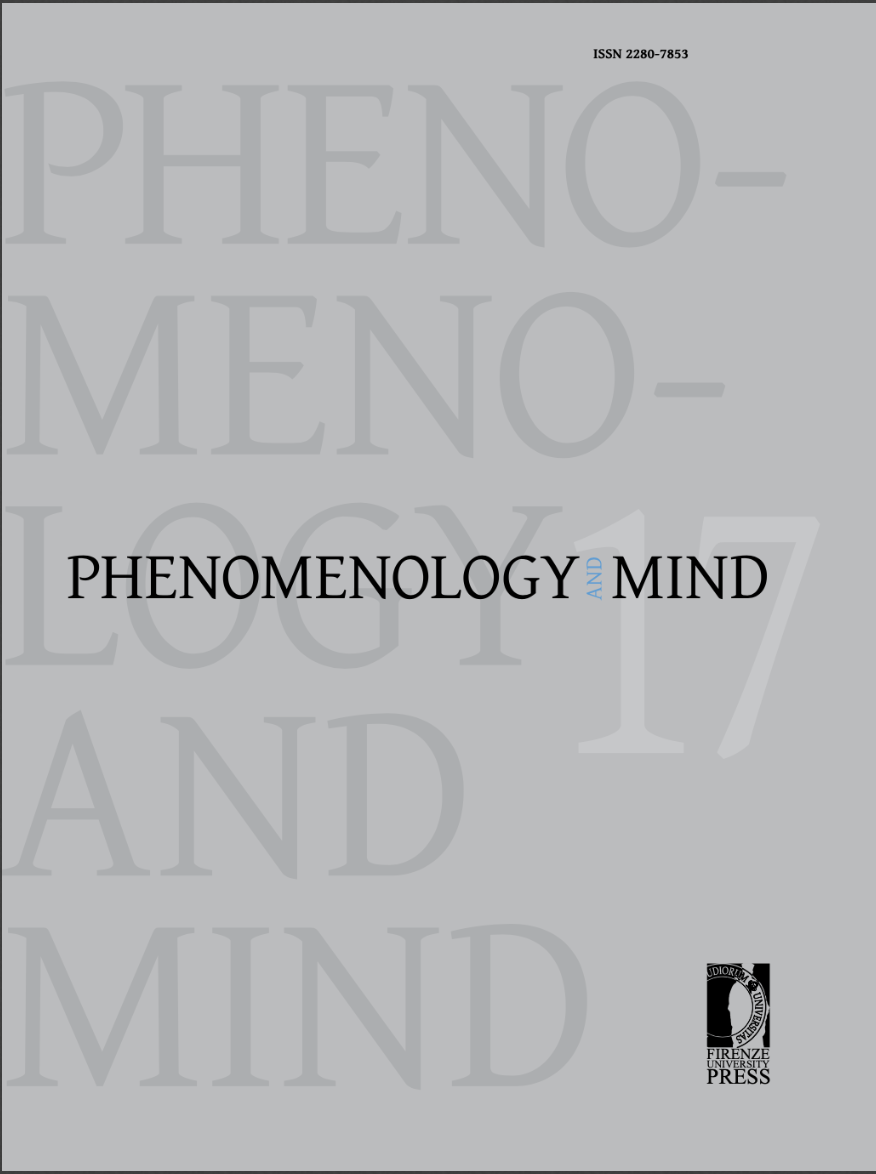Published 2016-11-27
Keywords
- action,
- phenomenology,
- reasons,
- engaged coping,
- McDowell
How to Cite
Abstract
Any phenomenologically sensitive account of action must be able to deal with at least two features which characterise many examples of acting. First, actions can be rational; that is, an agent can act for or in light of reasons. However, the phenomenology of action stresses that action is primarily a practical mode of engagement with the world, and so need not be guided by reasoning or abstract principles. I shall offer a phenomenologically-informed account of how action might be able to meet both of these descriptions. To do this, I shall develop Husserl’s notion of an attitude. On my interpretation, an attitude is the intentional structure of the agent’s ability to perform a particular kind of action. Since an attitude is an intentional framework, it is not something which must be attended to before the action can be performed. Agents can justify their actions by appealing to what they were aiming to do and to the demands and opportunities of their situation. An attitude is precisely the agent’s awareness of their situation as allowing for courses of action structured by goals and possible means. The agent can justify their action by appealing, not the attitude itself, but to the way their situation appeared in that attitude.

